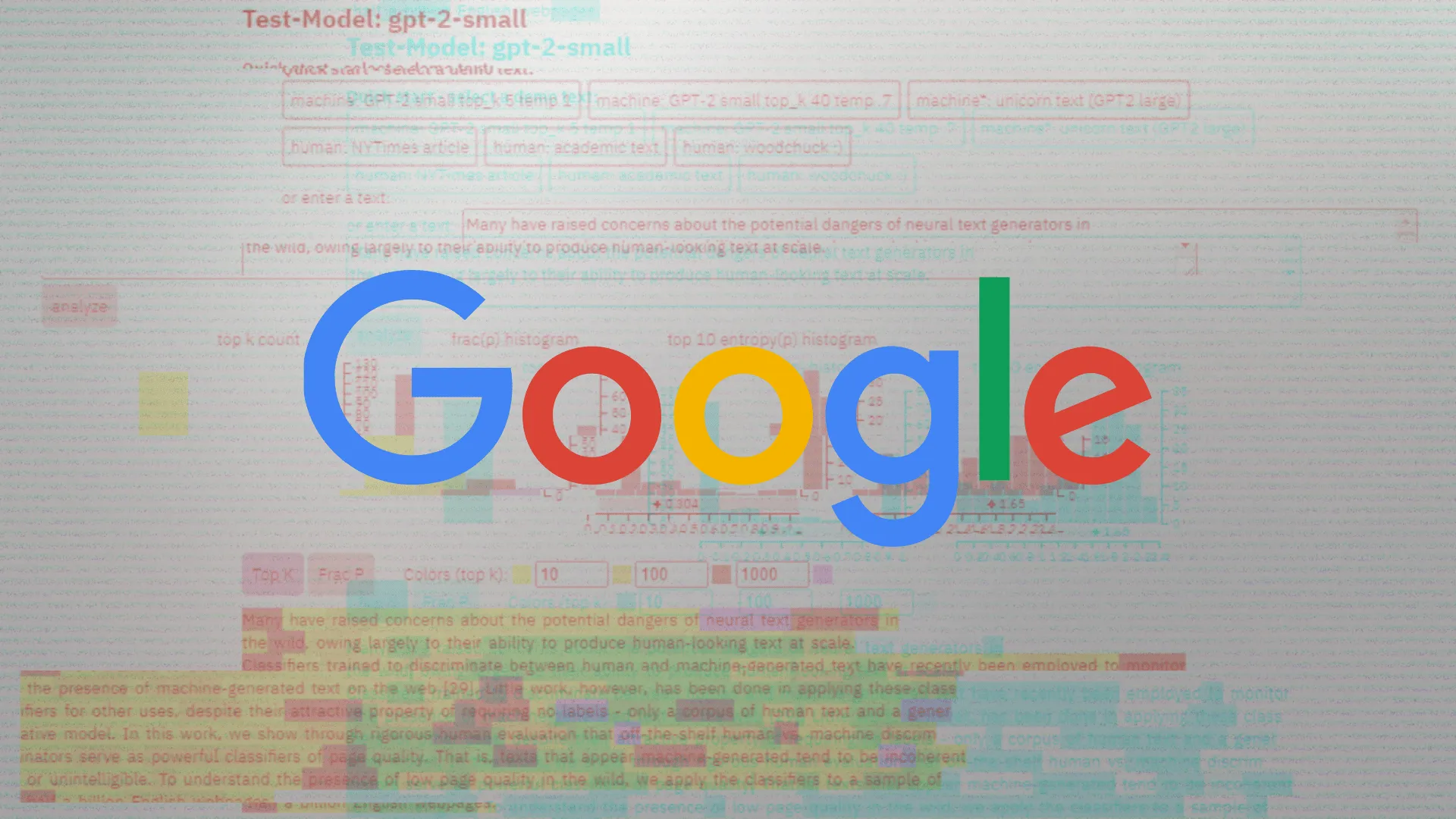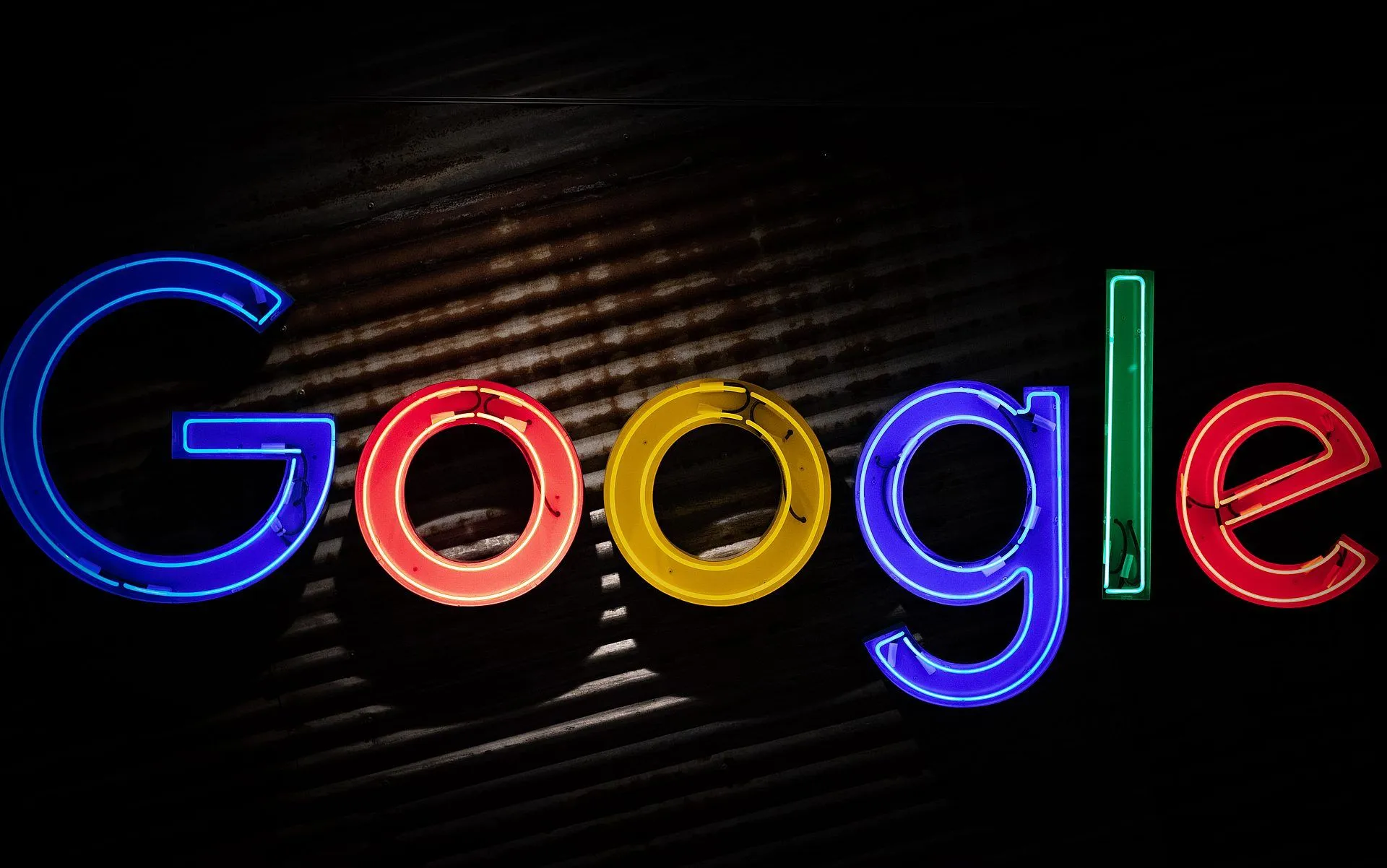In the vast and intricate world of search engines, Google has consistently stayed ahead of the curve, especially when it comes to policing the quality of content that ranks in its search results. A recent revelation has confirmed what many in the SEO community have speculated for years: Google actively detects and manages AI-generated content to ensure search quality. This confirmation, subtly detailed on a Google employee’s LinkedIn profile, has sparked a renewed interest in understanding how Google maintains its search standards.
Chris Nelson, a key figure in Google’s Search Ranking team, recently made headlines within the SEO community, thanks to a tweet by Gagan Ghotra. Ghotra’s sharp observation highlighted Nelson’s LinkedIn profile where it is stated that he manages a global team responsible for “the detection and treatment of AI-generated content.” This role is particularly intriguing given Google’s historic stance on automated content.
Nelson’s work primarily revolves around preventing the manipulation of ranking signals and ensuring that Google’s search results reflect high-quality, relevant content. His approach is not just technical but also qualitative, giving Google a nuanced understanding of content quality. This involves addressing novel content issues, such as AI-generated content, which Google treats with a sophisticated blend of technology and policy.

Google’s Philosophy on AI-Generated Content
Interestingly, Google does not outright ban AI-generated content. Instead, it encourages publishers to focus on creating original, high-quality content that prioritizes the user’s experience over the search engine’s algorithms. This philosophy is deeply embedded in Google’s guidance on AI-generated content, which Nelson co-authored. The guidance suggests that while AI can assist in creating content, it should not be used to produce spammy or manipulative material.
This balanced approach is reflective of Google’s broader strategy to improve how content is ranked and presented to users. For example, recent updates have penalized sites that produce high volumes of low-quality, search-engine-first content, even if it appears to be of decent quality at first glance.

The Nuance in Google’s AI Content Policy
The nuanced policy on AI-generated content is grounded in a pragmatic view of automation and AI’s role in content creation. Historical comparisons are drawn with other forms of automated content generation, such as dynamically updating sports scores or weather forecasts, which have long been part of the publishing landscape.
The AI-generated content policy clarifies that Google’s existing systems are equipped to handle the challenges posed by low-quality content, regardless of whether humans or machines create it. These systems are continually evolving to better discern and reward useful, reliable content.

The key takeaway from Chris Nelson’s profile and Google’s documentation is that context matters significantly in how AI-generated content is treated. The term “novel content issues” implies that Google is particularly vigilant about new forms of spam that may arise from AI technologies. The overall goal is to maintain a high standard of content quality across the web, ensuring that users have access to information that is not only relevant but also trustworthy.
This ongoing effort by Google to refine its detection and treatment of AI-generated content underscores the importance of adhering to best practices in content creation. For publishers and digital marketers, the message is clear: prioritize the user, focus on quality, and stay informed about Google’s evolving policies to succeed in the ever-changing landscape of search engine rankings.










